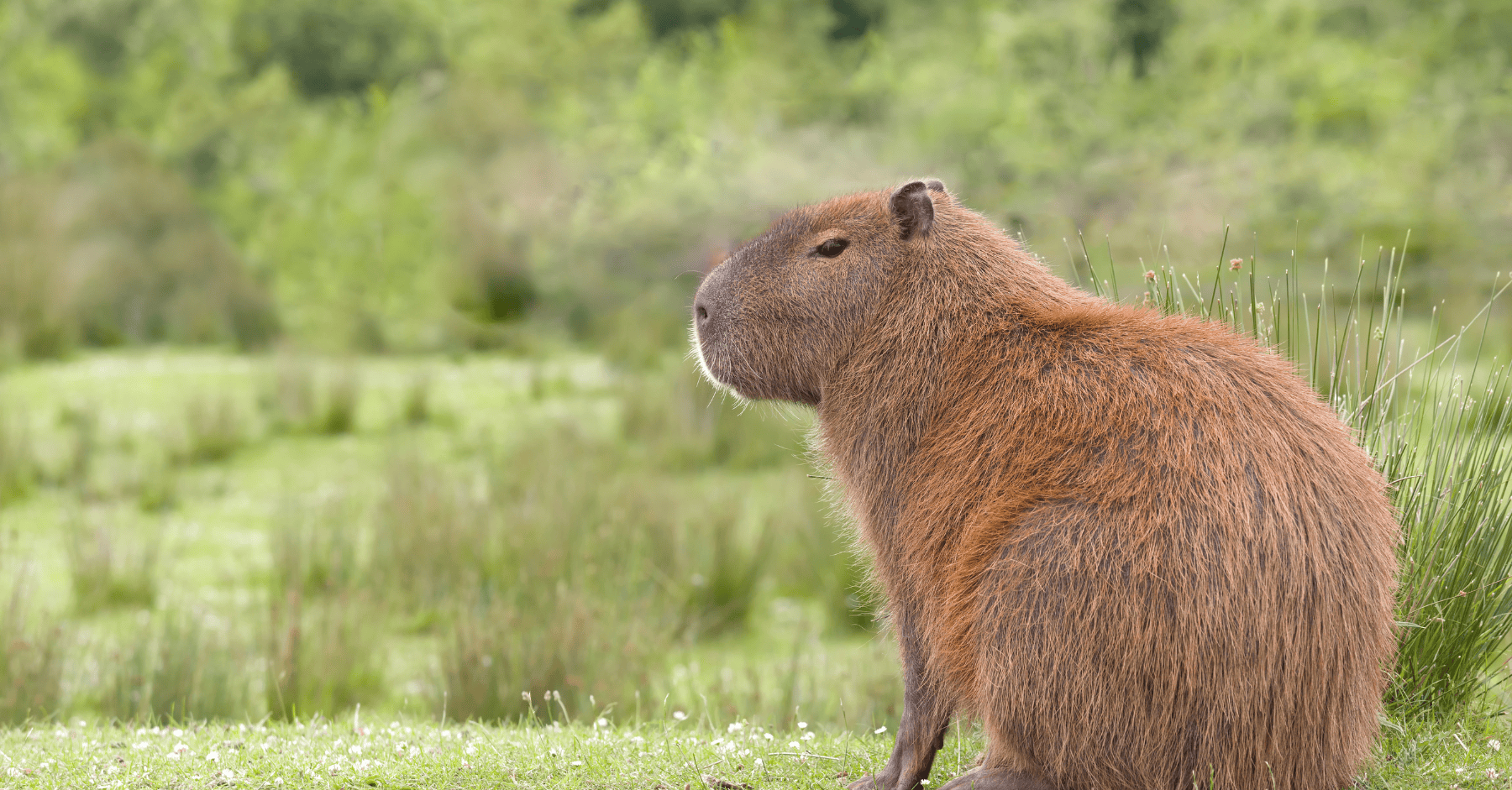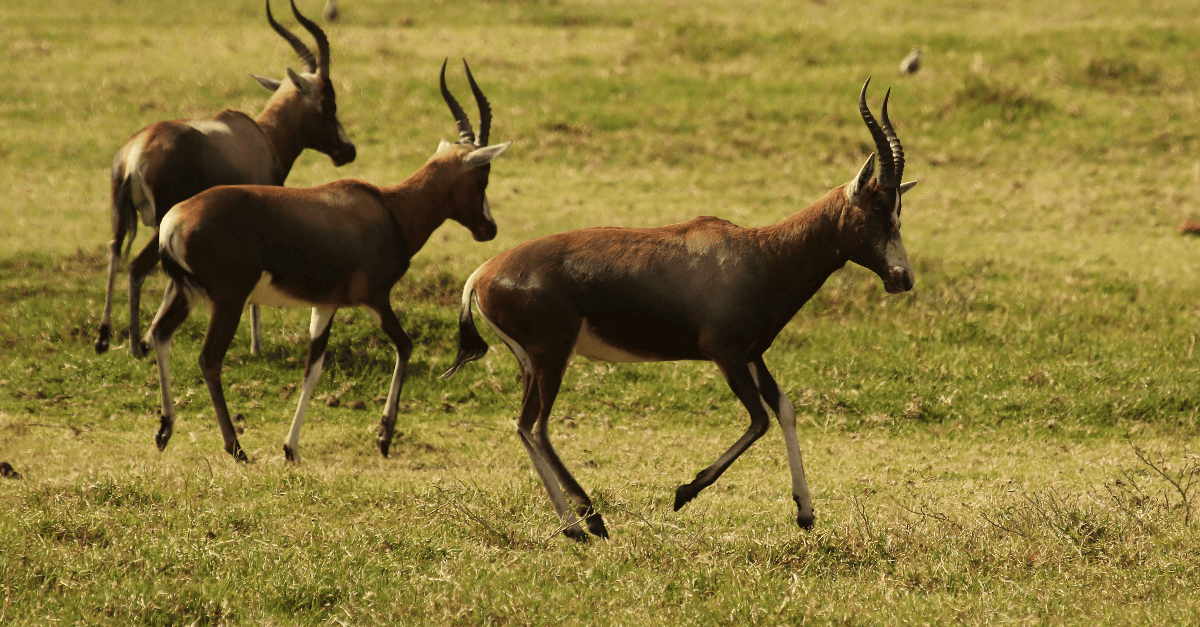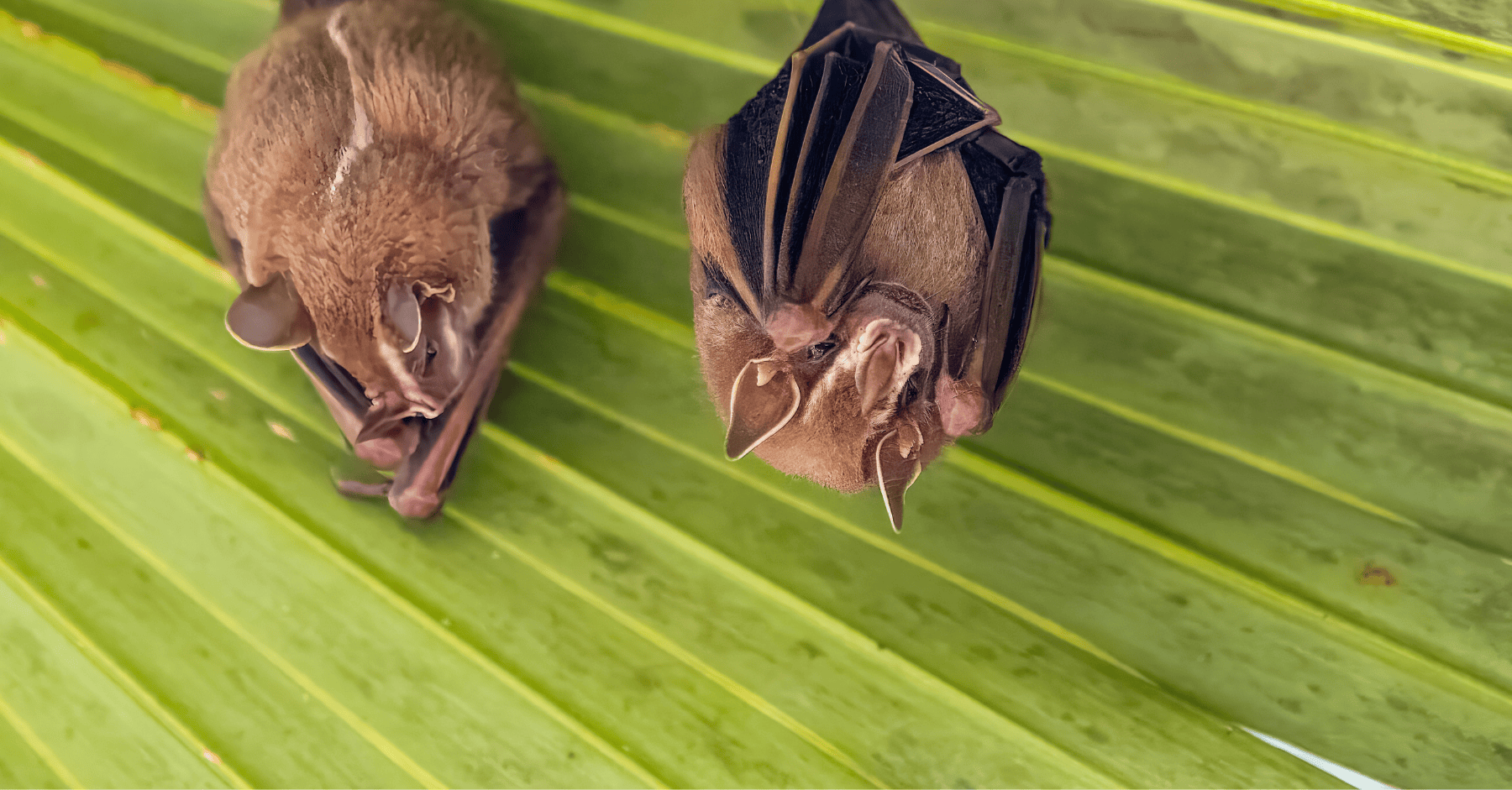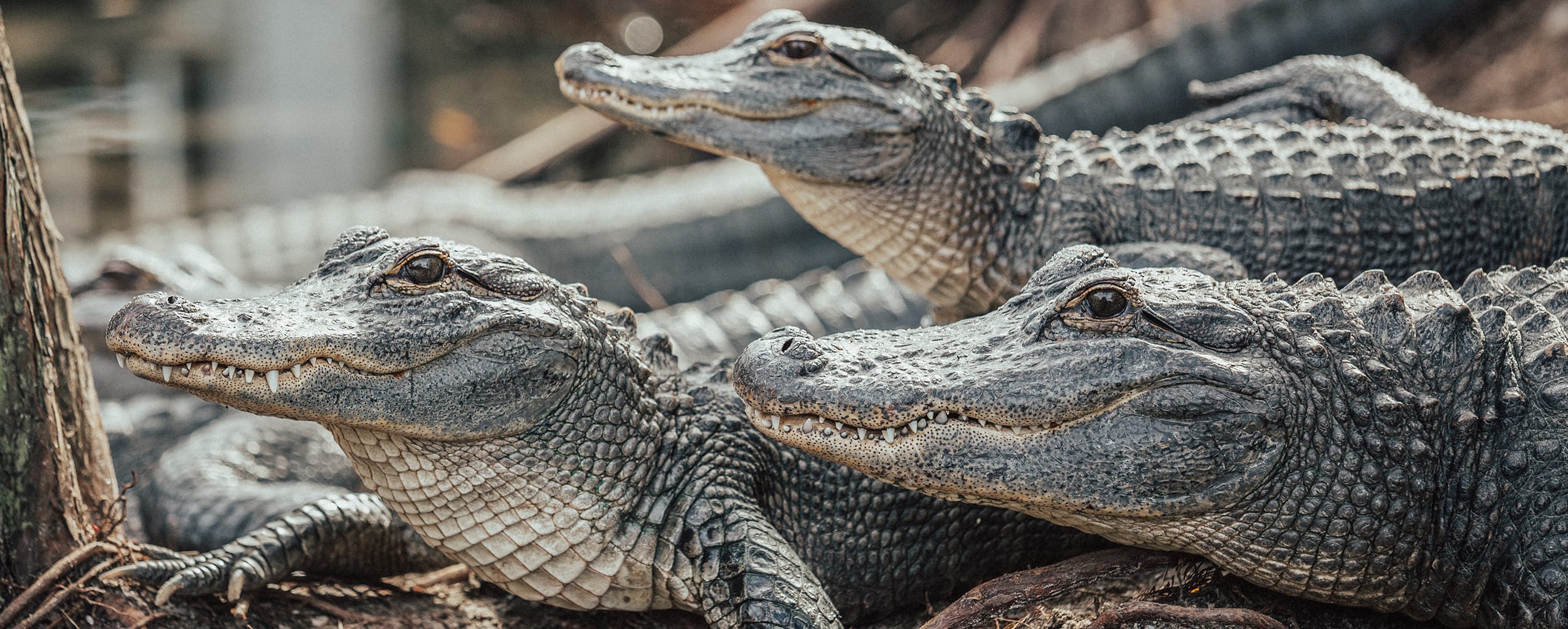From 5 to 15 June 2023, delegates from countries party to the UN Framework Convention on Climate Change (UNFCCC) gathered in Bonn for the Bonn Climate Change Conference. This session, organised by the UNFCCC secretariat, serves as a platform for stakeholders to assess and advance the implementation of the Convention and its subsequent agreements, including the Paris Agreement.
Focusing on the intersection between animal welfare and climate change, the World Federation for Animals (WFA) and its members participated in the Conference to monitor the negotiations and engage with Parties.
The conference exposed inadequate progress, failing to respond to the urgency and significance of the changes that are needed. The progress remains too slow for animals, people, and the planet. Failure to recognise the crucial role of animal welfare in strategies to mitigate and adapt to climate change is a concern that warrants urgent attention.
Nevertheless, there is some room for hope. It was encouraging to witness the integration of food systems and marine ecosystems into the climate discourse, creating possibilities for future agreements on animal welfare and climate change.
Ambitions too low, negotiations too slow
Despite incremental advancements in various areas such as the Global Goal on Adaptation and the Global Stocktake, the outcome remains disheartening. The Conference stumbled at its onset as negotiators failed to agree on the agenda until the penultimate day. The Mitigation Ambition and Implementation Work Programme (MWP) was not even included within the agenda.
Complicating matters further, the tension between developing and wealthy countries seems to have increased , hampering consensus-building among parties. Even the latest climate science findings faced scrutiny, with the inclusiveness and the robustness of the Intergovernmental Panel on Climate Change’s (IPCC) latest report, the IPCC AR6, put into question.
Another topic of discussion among the parties involved the establishment of the Sharm el-Sheikh joint work on implementation of climate action on agriculture and food security that was agreed at COP27 last year. Deliberations revolved around the need for a roadmap, proposed workshop topics, and the creation of an online portal to capture parties’ submissions. Unfortunately, parties could not reach an agreement on these matters and will continue discussions at COP28.
Negotiators will face a daunting agenda during the upcoming COP28, with one of the most awaited outcomes being the first global stocktake under the Paris Agreement (GST). This stocktake will serve as an important foundation for member states to determine their next nationally determined contributions (NDCs), which are due to be submitted by the first quarter of 2025. Although Bonn saw the third meeting of the technical dialogue under the GST, resulting in an indicative draft structure of the decision on the Global Stocktake, significant work remains. Nevertheless, Parties and non-party stakeholders had the opportunity to engage in discussions during the World Café event. Many civil society organisations used this opportunity to bring up the importance of a systemic transformation of our food systems to meet the goals of the Paris Agreement.
Climate Change and the role of animals need to be addressed
The solutions that the improvement of animal welfare can create when it comes to climate change mitigation and adaptation continue to be overlooked, despite a wealth of scientific evidence.
Throughout the Bonn Climate Change Conference, several side events, including those organised by WFA members, shed light on the potential of alternative proteins for transforming food systems and the adverse impact of industrial farming on our climate. Many side events also highlighted the importance of transitioning towards systems that work with nature such as high-welfare agroecological and silvopastoral systems, which foster biodiversity and exhibit greater carbon sequestration potential compared to industrial animal farming. These systems also demonstrate resilience in the face of climate change and disasters, supporting mitigation and adaptation efforts.
It was also encouraging to see the Ocean and Climate Change Dialogue taking place during the conference in Bonn, which is part of a series of annual dialogues mandated by COP26. During this Dialogue, the risks associated with ocean-based carbon dioxide removal were underscored, and the importance of implementing solutions like coastal ecosystem restoration and blue carbon were discussed. Safeguarding the ocean and tropical forests, natural carbon sinks, from further degradation is essential in the fight against climate change. Ensuring the well-being of wild land and marine animals is critical to these ecosystems’ health.
Looking forward to COP28 in Dubai, WFA and its members will continue to engage in the climate negotiations, ensuring that the role of our food system, ecosystem and animal welfare become integral to the climate discourse.
Background
- The UN Framework Convention on Climate Change (UNFCCC) is a legally binding international treaty on climate change. The Convention has near universal membership (198 Parties) and is the parent treaty of the 1997 Kyoto Protocol and of the 2015 Paris Agreement. The main aim of the Paris Agreement is to keep the global average temperature rise this century as close as possible to 1.5 degrees Celsius above pre-industrial levels.
- The UNFCCC secretariat organises and supports between two and four negotiating sessions each year. The largest and most important is the Conference of the Parties (COP), held annually and hosted in different locations around the globe. The next COP will be held for its 28th Convention (COP28) from 30th November to 12th December 2023. In addition to these major conferences, the secretariat organises annual sessions of the so-called subsidiary bodies as well as a large number of meetings and workshops throughout the year. The 58th session of the UNFCCC subsidiary bodies took place from 5 to 15 June 2023 in Bonn, Germany.
Photo Credit: Odysseas Chloridis / We Animals Media





